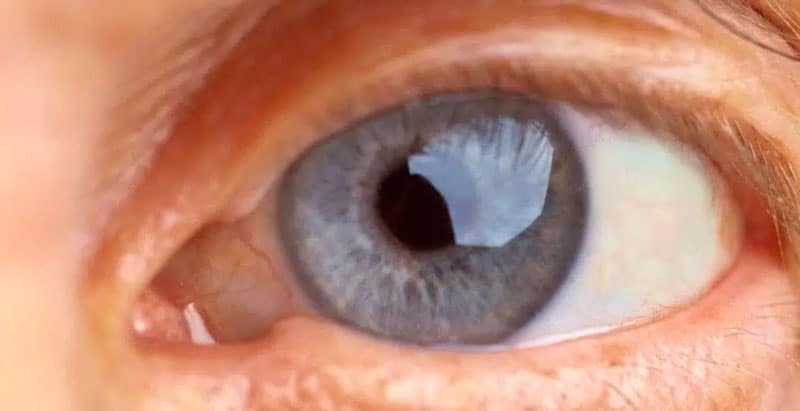Thousands of research and studies around the world are increasingly seeking answers on how the new coronavirus (SARS-Cov-2) affects the body. Since the emergence of the pandemic, the ophthalmology field has already reported changes in the conjunctiva, sclera and retina . In addition, the virus was found in teardrops.
Now, a Brazilian study has detected the virus in retinas for the first time. The Federal University of São Paulo (Unifesp) and the Federal University of Rio de Janeiro (UFRJ) carried out the research, published in the journal JAMA Ophthalmology.
Learn about the research, results and next stages.
Coronavirus and eyes: search and results
In June and July 2020, researchers compared the retinas of three patients who died from covid-19. They preserved their eyes and cut them in a specialized lab. Then they evaluated the material put in blades.
The researchers found the virus proteins in endothelial cells, close to the capillary flame and the cells of the inner and outer nuclear layers of the retina.
Thus, the results reinforce possible ocular clinical manifestations of infection. They rise a warning sign: the virus may be directly related to different forms of the disease. Including neurological ones, due to similarities with the retina. In fact, the retina is an important biomarker as it is part of the nervous system. It is more accessible and allows identifying the virus in certain places of the body.
Undoubtedly, the research results can help understand and cope with the sequelae of patients infected with the new coronavirus.
“Now it is clear that after infecting the respiratory system, the virus can spread throughout the body, reaching different tissues and organs. Thus, the findings may help elucidate the virus pathophysiology and its etiological mechanisms. It may allow better understanding the disease sequelae and make way for future research” say the research coordinators, Rubens Belfort Jr. and Wanderley de Souza in news published on the Unifesp website.
Reviewed by Paulo Schor, ophthalmologist, free professor and director of innovation of the Federal University of São Paulo (Unifesp) and collaborator of the Faculty of Medicine of the Albert Einstein Hospital.
Follow Phelcom’s blog and stay on top of the main news about coronavirus and the eyes.

 Português
Português  Español
Español  English
English 


